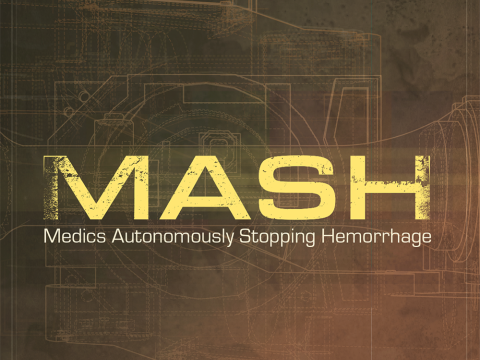NATO Taking Identity Management to the Bank
While the push forward for better collaboration and information-sharing capabilities will require technical advances, the experts at today's NATO workshop in Brussels, Belgium, are struggling with an even bigger challenge than connecting the bits and bytes.
While the push forward for better collaboration and information-sharing capabilities will require technical advances, the experts at today's NATO workshop in Brussels, Belgium, are struggling with an even bigger challenge than connecting the bits and bytes.
The complex policy, governance and legal issues that a single interoperability level creates must be resolved because, as workshop moderator Dag Wilhelmsen emphasized, real lives are involved. Wilhelmsen, the technical director of the NATO Communication and Information Systems Service Agency, opened the workshop by saying the aim is to establish a common language, vision and standards for identity management in a federated environment.
The banking industry, historically a broker of trust between transaction parties, had a prominent presence in the workshop. Perhaps the most widely recognized example of federated identity management is the ATMs that can be accessed from most bank terminals across the world. The closer you get to money, the higher the identity management level must be. It is about risk management too, not just technology, Hilary Ward, who heads the managed identity services, global transaction services for Citigroup, suggested to the participants.
Standards and accreditation organizations as well as NATO representatives and other industry thought leaders talked about various products and case studies. Clearly, one size does not fit all, yet there have to be mechanisms in place so that information can be shared and identities can be verified. The appropriate level of access can change in different scenarios--and the role of individuals can change as well.
Many questions and answers punctuated each presentation, with audience members offering insight and often adding to the conversation with their own expertise and recommendations. The AFCEA Europe office will be posting presentations on its Web site the first week of November so that the collaboration opportunity can continue.




Comments